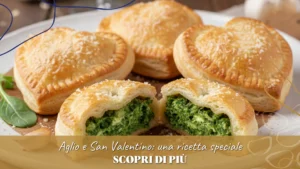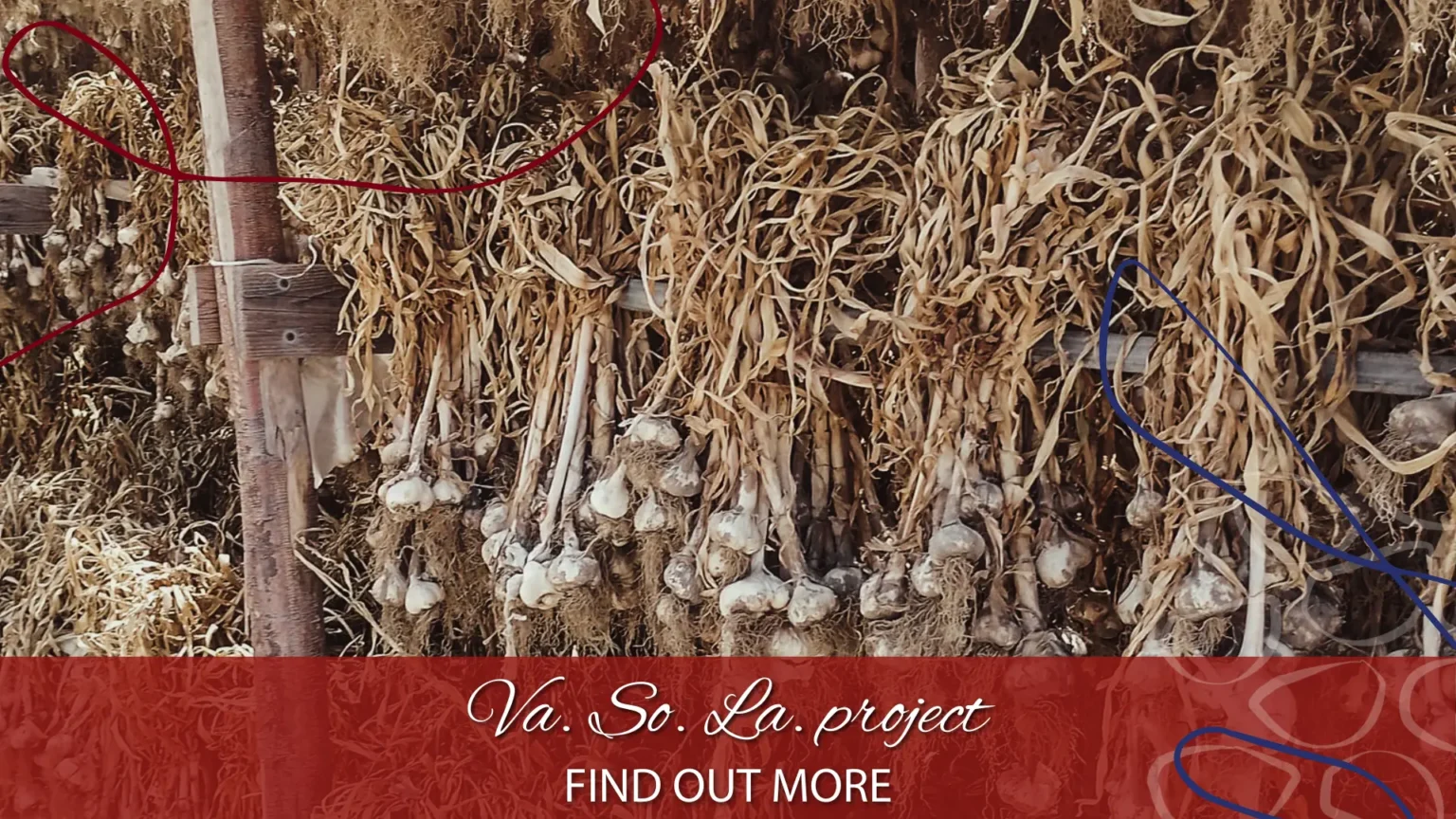
Garlic and Valentine’s Day: a special recipe
Garlic as an ingredient of love Valentine’s Day is the perfect occasion to surprise someone with an original recipe that brings together romance and character.

Innovation and sustainability are the pillars on which the VA.SO.LA. project is based, a project in which Op Sabina has actively participated. This project, led by Dr. Massimo Zaccardelli as the scientific director, together with colleague Loredana Oryanella Fastidiosa Sigillo and other collaborators, represents a significant step towards a circular economy in the agricultural sector.
In the context of agricultural production, waste often represents a significant challenge. In the case of garlic cultivation, dry leaves constitute a considerable portion of the waste, accounting for about 50-60% of the total production. Traditionally, these dry leaves were considered waste to be disposed of, resulting in additional costs and negative environmental impacts.
The VA.SO.LA. project overturns this perspective, transforming the problem of waste into an opportunity. The idea behind the project is simple yet revolutionary: dry garlic leaves are not waste, but a valuable resource. Through innovative composting and organic recycling practices, this waste is reused to enrich the soil, improving its fertility and structure.
The adoption of a circular economy model brings numerous benefits. First of all, it significantly reduces the amount of agricultural waste that needs to be disposed of, thus decreasing the environmental impact of agriculture. Additionally, the compost obtained from dry garlic leaves is a natural and effective fertilizer, which improves soil quality without the use of chemical products.
This approach also promotes the economic sustainability of agricultural businesses. By using waste as a resource, the costs associated with waste disposal and the purchase of chemical fertilizers are reduced. This can lead to greater competitiveness for agricultural producers who adopt these sustainable practices.
The VA.SO.LA. project is a concrete example of how innovation and sustainability can go hand in hand, demonstrating that it is possible to combine agricultural productivity with respect for the environment.
In a world increasingly aware of environmental challenges, projects like VA.SO.LA. represent the path to follow for a sustainable future. The circular economy, applied to agriculture, not only contributes to the health of our planet but also offers economic and social opportunities for agricultural communities.

Garlic as an ingredient of love Valentine’s Day is the perfect occasion to surprise someone with an original recipe that brings together romance and character.

The virtues of garlic in the cold season During winter, the body is more exposed to colds and seasonal ailments, and it is precisely in

The value of garlic during the Christmas holidays During the Christmas season, the kitchen becomes the heart of the home and every ingredient takes on